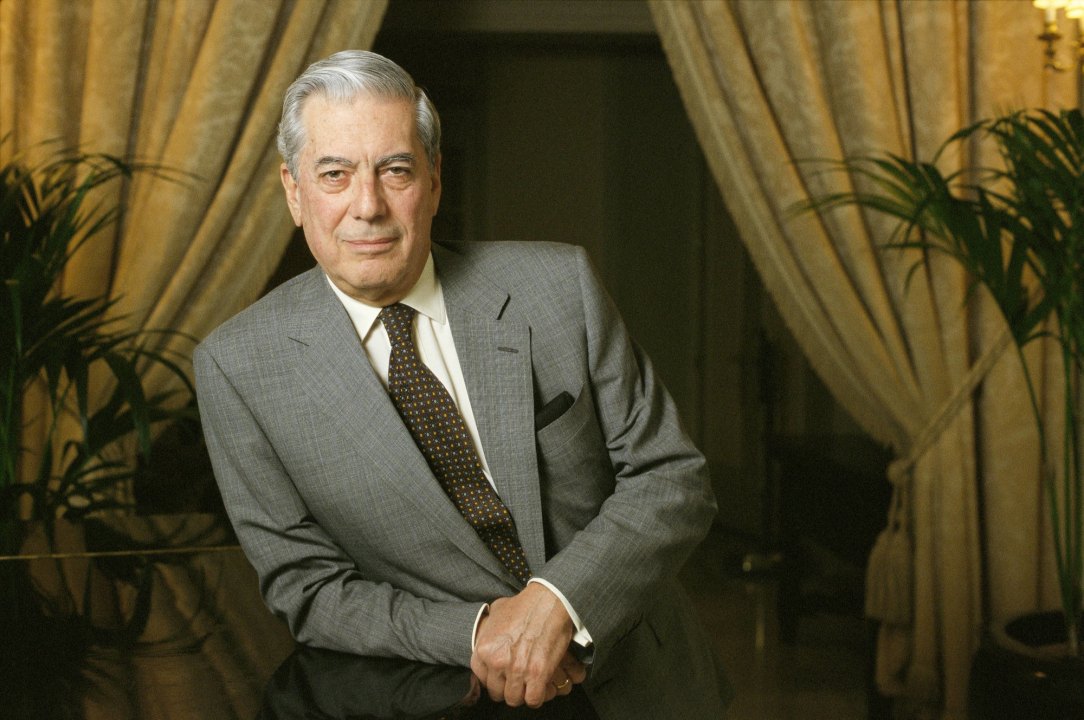Most writers – like the vast majority of actors, artists and other luminaries of our culture – belong to the political left, but the death aged 89 of the great Peruvian novelist Mario Vargas Llosa reminds us that this is not always the case.
Most unusually for a Latin American author, Vargas Llosa, who won the Nobel Prize for Literature in 2010, was not only a proud Thatcherite conservative, but himself came within an ace of winning his troubled country’s presidency after temporarily laying down his pen and entering the political arena.
But like his great Colombian rival in literature, the Marxist novelist Gabriel Garcia Marquez (who Vargas Llosa once decked with a right hook when the two writers had a violent altercation) the Peruvian author began his political life on the extreme left.
Like so many in a Latin America dominated by the USA, Vargas Llosa was inspired by Fidel Castro’s 1959 communist revolution in Cuba, and it was only after several visits to Castro’s socialist ‘paradise’ that the scales fell from his eyes and he realised that the island was one vast prison that persecuted and locked up free-spirited artists like himself.

Get Britain's best politics newsletters
Register to get The Spectator's insight and opinion straight to your inbox. You can then read two free articles each week.
Already a subscriber? Log in







Comments
Join the debate for just £1 a month
Be part of the conversation with other Spectator readers by getting your first three months for £3.
UNLOCK ACCESS Just £1 a monthAlready a subscriber? Log in